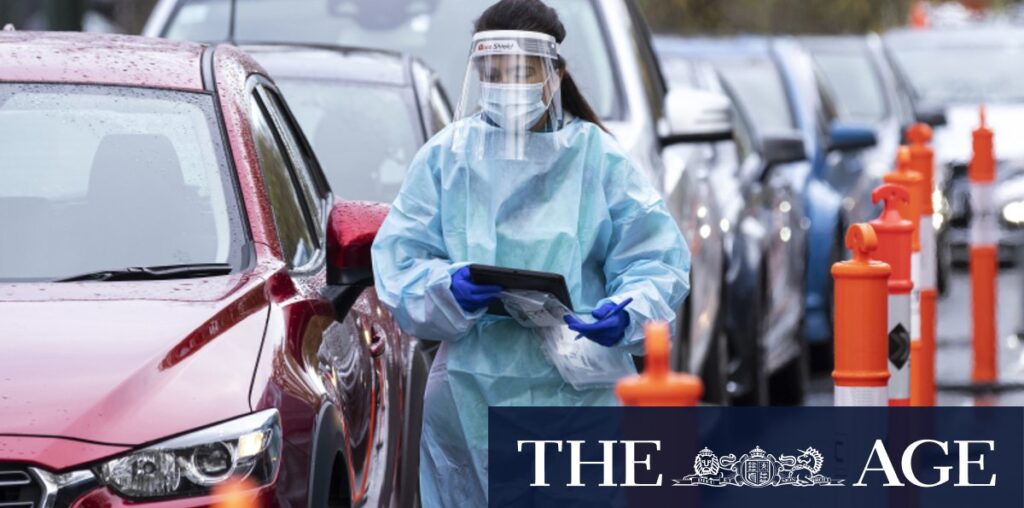But the individual decisions of state premiers were largely spared by a review that focused on ways to deal with a future pandemic.
Opposition leader Peter Dutton, who had yet to read the report, said it was a hit job on the Morrison government. He said without the support put in place during Covid, there would have been mass unemployment and business closures.
“There was a lot of support that we provided when we were in government to keep businesses open and to keep people employed, and without that, millions of Australians would have either lost their livelihoods and/or their homes and businesses,” he said.
Since the advent of the pandemic, an estimated 20,000 people have died from Covid in Australia. In 2022 alone almost 10,000 people died, making Covid the third single largest cause of death while last year another 5001 people lost their lives to the virus.
Butler said the report did not “seek to scapegoat people who were seeking to act in the best interests of our country and the community”.
The report praised “the decisive and difficult decisions” taken by former prime minister Scott Morrison and said his calls demonstrated courageous leadership at the crucial early stage.
Loading
It found the Morrison government’s rapid response – closing the international border, announcing a national lockdown and supporting jobs through the JobKeeper wage subsidy – had protected Australian lives in the first wave and “set us on a path that reduced the overall negative impacts of the pandemic”.
Morrison also identified weaknesses in the Commonwealth-state relationship and sought to fix them with the national cabinet.
But after success with a precautionary approach, which was dominated by a low tolerance for Covid cases, governments lost the community’s trust as they struggled to shift to a risk-based approach “grounded in evidence”.
National cabinet became less unified as time went on, and differing measures across states and territories undermined public confidence, including varied approaches to school closures, vaccine mandates and interstate border closures.
“Some differences were not easily explained, and no rationale was provided. This included the operation of state border closures that states enacted unilaterally and that lacked consistency and compassion in implementation,” it found.
Many measures were also disproportionate and inconsistently applied across the country: children, people in aged care, culturally and linguistically diverse communities, Indigenous and disabled people suffered the most.
Some of the report’s most specific criticism was around the delayed vaccine rollout ahead of the Omicron variant which swept through country at the end of 2021.
“This meant our staged reopening occurred months later than it otherwise could have, with a direct economic cost estimated at $31 billion,” the inquiry found.
It said total spending, including in the final Morrison government budget of March 2022-23, contributed to the inflation pressures that are still plaguing the economy.
“With the benefit of hindsight, there was excessive fiscal and monetary policy stimulus provided throughout 2021 and 2022, especially in the construction sector,” it found.
Former treasurer Josh Frydenberg said the report vindicated the Morrison government’s Covid spending.
“Faced with the biggest economic shock since the Great Depression, Australia’s Covid response was world leading. The number of jobs saved was higher and the rebound was much faster than in other comparable economies,” he said.
The report said a new Australian Centre for Disease Control could help restore trust by planning for pandemics, collecting data and providing evidence.


